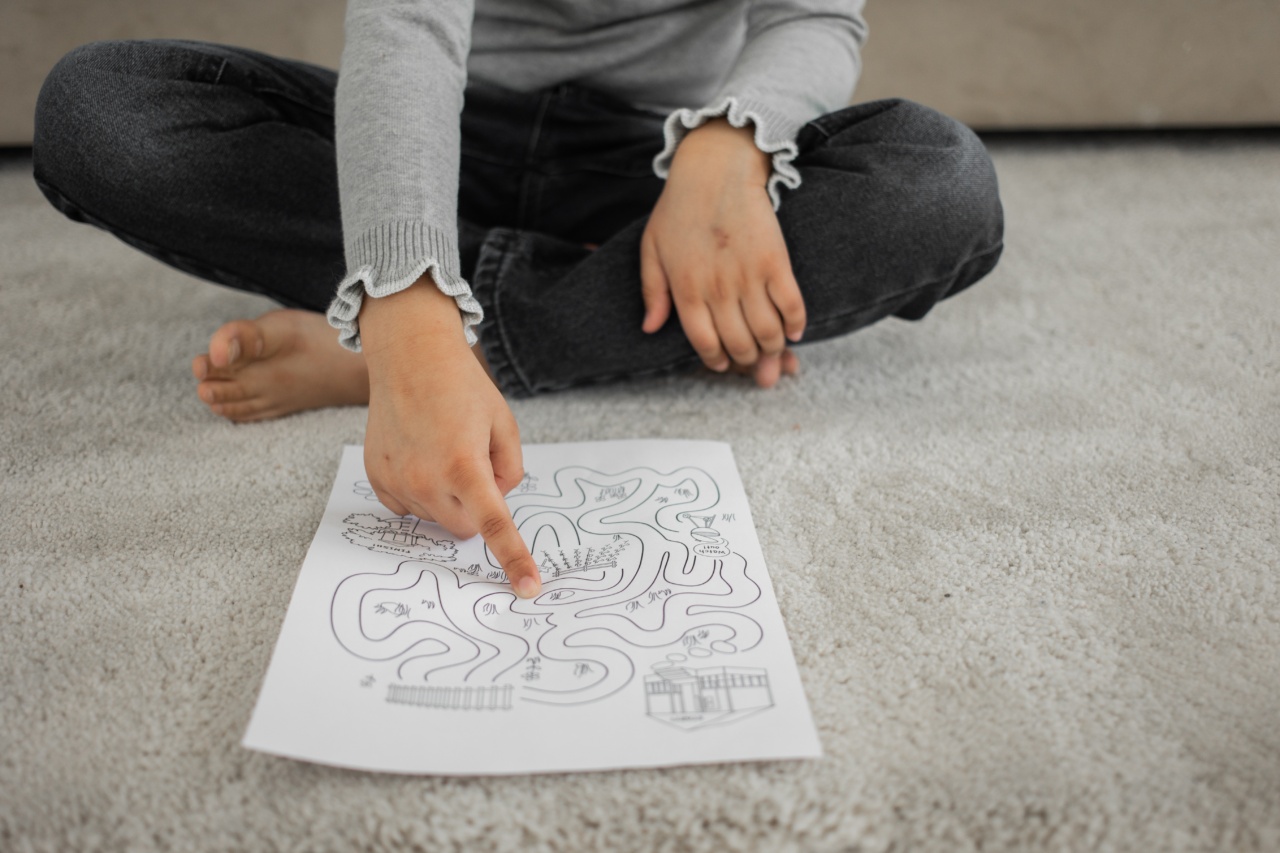It’s that time of year when the clocks either spring forward or fall back, and it can be a bit confusing for many people. However, this biannual time change can actually offer some surprising benefits for your mind and body.
Let’s explore some of the advantages of time change and how they can contribute to a healthier, happier life.
1. Better Sleep
Changing the clocks can affect our circadian rhythms, but this can also be used to our advantage. When we spring forward, we gain an extra hour of daylight which can help regulate our sleep-wake cycle.
Exposure to natural light in the morning can boost our alertness and reduce feelings of sleepiness throughout the day. On the other hand, when we fall back, we gain an extra hour of sleep which can be useful for catching up on rest.
2. Improved Mood
Seasonal affective disorder (SAD) is a type of depression that is triggered by the changing seasons, primarily during the winter months when daylight hours are shorter.
When we turn the clocks back, we are effectively creating more daylight hours, which can help alleviate symptoms of SAD. Additionally, many people enjoy the feeling of having more daylight hours in general, which can boost their mood and motivation.
3. Increased Productivity
With the extra hour of daylight that comes with springing forward, many people find that they have more energy and motivation to get things done.
This can be especially valuable for those who work from home or are self-employed, as it allows for more flexibility in their schedules. Additionally, studies have shown that people tend to be more productive in environments with natural light, which can be boosted by the extra daylight hours.
4. Opportunity for Change
Time changes can be a useful reminder to shake up our routines and try new things.
Whether it’s picking up a new hobby, starting an exercise routine or setting new goals, this biannual time shift can provide a useful milestone for advancing our personal growth. By flipping our internal clocks, we have an opportunity to reassess our priorities and make positive changes in our lives.
5. Increased Alertness
While some people may feel groggy after a time change, others find that it helps them feel more alert and focused. This is because our bodies are forced to adapt to a new schedule, which can create a jolt of energy.
By embracing this change and taking advantage of our newfound focus, we can tackle difficult tasks with more ease and efficiency.
6. Healthier Habits
When we turn back the clock in the fall, we gain an extra hour of leisure time. This can be a great opportunity to focus on healthy habits, whether it’s taking a yoga class, meal prepping for the week or going on a long hike.
By using this extra time to prioritize self-care, we can help reduce stress and increase our overall wellbeing.
7. Stronger Relationships
With the extra time afforded by a time change, we have an opportunity to connect with friends and loved ones.
Whether it’s setting up a group dinner or having a long phone call with a distant relative, this bonus time can be used for strengthening relationships and social connections. By taking advantage of this time shift, we can feel more connected to the people in our lives and bolster our emotional wellbeing in the process.
8. Opportunity for Reflection
Time changes can also provide an opportunity for quiet contemplation.
Whether it’s taking a long walk to ponder life’s big questions or simply spending some time in nature, this biannual shift can be a useful reminder to slow down and reflect on our lives. By taking the time to reassess our goals and values, we can make more intentional choices about how we want to live.
9. Better Physical Health
When we shift our clocks, we are essentially manipulating our bodies’ internal clock. This can have a range of benefits for our physical health, such as improving digestion, boosting immune function and reducing inflammation.
By staying mindful of our bodies’ cues and taking advantage of the natural rhythm of the day, we can improve our overall physical wellbeing.
10. Increased Creativity
Finally, time changes can inspire creativity. By embracing this shift and using it as a time to experiment with new ideas and explore our passions, we can tap into our creative potential.
Whether it’s picking up a paintbrush or penning a new story, this biannual transition can provide a useful spark for artistic expression.































